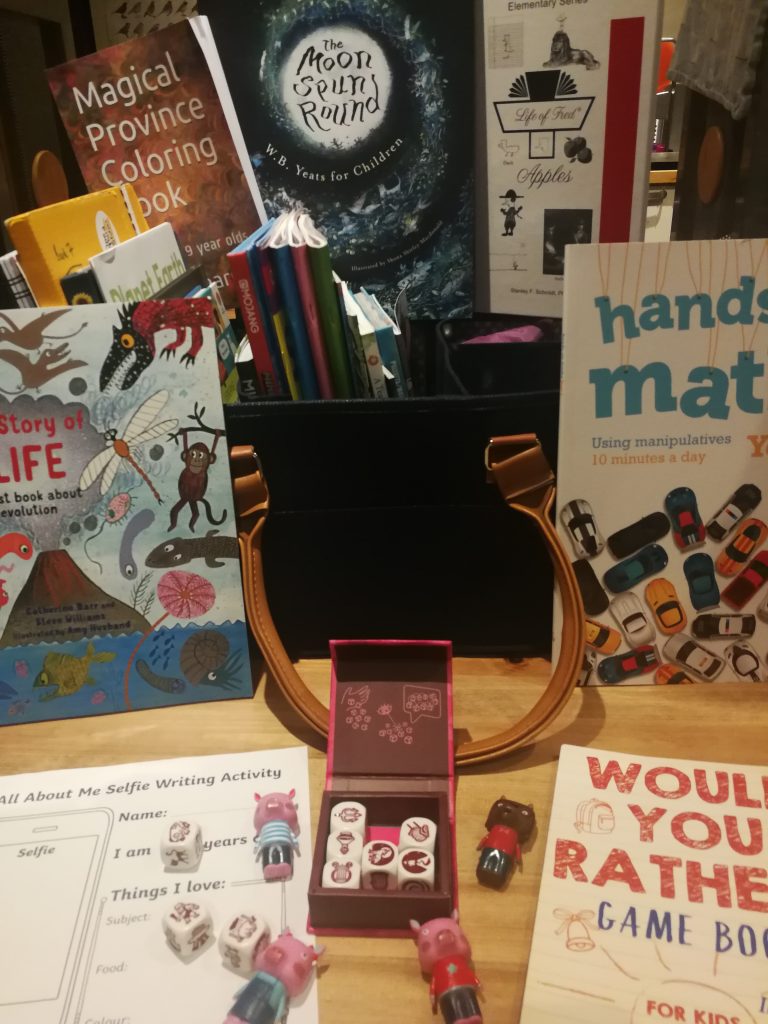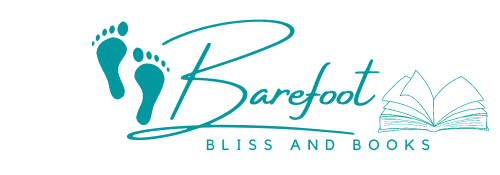Once you have identified Your Why for Home Education, it is time to think about How to Home Educate. There is no single right way to educate your child at home. In the UK, families have the freedom to choose from various Home Education Philosophies that align with their teaching style and their children’s learning needs.
Home Education Philosophies, also known as Home Education Methods or Home Education Styles, basically address the question of how you will teach your children. Below is an overview of some well-known approaches to help you explore your options.

What is an Educational Philosophy?
An educational philosophy in home education is a set of personalised beliefs that guide how learning is approached within the home. It reflects the family’s view on the purpose of education, the role of the parent or educator, and the ideal learning environment for their children. It shapes decisions on teaching methods, subjects, and assessment to suit each child’s unique needs and interests.
Tips for Writing Your Educational Philosophy
When crafting your family’s educational philosophy, start by reflecting on your core beliefs about learning and your child’s needs. Consider what values, methods, and goals matter most to you. Keep it flexible, as your approach may evolve over time; mine certainly has. If you’re unsure where to begin, identifying your “why” for home educating can be a useful first step.
Summary of Home Education Philosophies
Your home education philosophy will shape how you teach your children. Each approach has its strengths and can be adapted to suit your child’s needs and your family’s lifestyle. You don’t have to follow one method strictly—unless that works well for you. Instead, feel free to mix and match ideas to create a personalised learning journey. Below is a quick overview of some of the most popular approaches.
School-at-Home Approach:
School-at-Home mirrors the structure and curriculum of traditional schools, often using textbooks, workbooks, and a set schedule. Families who follow this approach may use online programs, structured lesson plans, and standardised testing to track progress. Some choose to follow the UK National Curriculum to align with school standards, which can make transitioning back into school easier if needed. In the UK, this method is sometimes referred to as homeschooling, though it’s important to note that for some, home education and homeschooling have distinct meanings.
✅ Advantage: Provides a clear structure and familiarity for families who prefer a traditional academic approach, making it easier to meet formal education requirements and transition into further education.
❌ Disadvantage: Can feel rigid and overwhelming, especially for children who thrive with more flexibility. It may also lead to burnout for parents who feel pressure to replicate a full school day at home.
Unschooling:
Unschooling is a child-led approach where learning is driven by the child’s interests rather than a structured curriculum. It values curiosity, exploration, and a love of learning over traditional academic achievement. Instead of formal lessons, children learn through everyday experiences, conversations, hands-on projects, travel, and real-world problem-solving. Parents act as facilitators, providing resources and opportunities rather than directing instruction.
✅ Advantage: Unschooling fosters a deep love of learning and allows children to develop skills at their own pace, following their passions and strengths. This often leads to greater creativity, independence, and confidence.
❌ Disadvantage: Without structured guidance, there may be gaps in core academic subjects, particularly in areas a child does not naturally gravitate toward. Some children may have difficulties if they ever have to re-enter the public school system.
Classical Education:
Classical Education is based on the trivium, a three-stage model of learning that aligns with a child’s cognitive development: the Grammar stage (early years) focuses on memorisation and foundational knowledge; the Logic stage (middle years) develops reasoning and critical thinking; and the Rhetoric stage (teen years) emphasises articulation, debate, and persuasive writing. This method prioritises rigorous academic study, classical literature, Latin or Greek, and the development of strong analytical skills.
✅ Advantage: Provides a well-rounded, intellectually challenging education that fosters deep thinking, strong communication skills, and a love for great literature and ideas.
❌ Disadvantage: Can be demanding for both parents and children, requiring significant time and dedication. The heavy focus on classical texts and structure may not suit all learning styles, especially children who thrive with hands-on or interest-led learning.
Charlotte Mason:
Charlotte Mason focuses on educating the whole child through rich literature, nature study, art, and music, with a strong emphasis on developing good habits and character. This approach values “living books”—engaging, well-written texts that bring subjects to life rather than dry textbooks. Learning is often done through narration, copywork, and dictation, alongside short, focused lessons to maintain attention. Time outdoors is a key component, encouraging children to observe and appreciate the natural world through nature journaling and exploration.
✅ Advantage: Encourages a love of learning through engaging books and real-world experiences while promoting character development and good habits. The short lessons help maintain focus and prevent burnout.
❌ Disadvantage: Requires a lot of reading, which may not suit all learners, particularly those who struggle with text-heavy materials. It can also take time for parents to source high-quality living books and incorporate nature study into daily life.
Waldorf Education:
Waldorf Education emphasises creativity, imagination, and holistic development, integrating arts, storytelling, and hands-on experiences into learning. This approach nurtures the whole child—head (thinking), heart (feeling), and hands (doing). Early childhood focuses on imaginative play, movement, and nature exploration, while formal academics are introduced gradually. Artistic expression, handcrafts, and music are woven into all subjects, creating a rhythmic and immersive learning environment. Technology use is often minimised in the early years to encourage hands-on, sensory-rich experiences.
✅ Advantage: Fosters creativity, emotional well-being, and a lifelong love of learning through storytelling, art, and play-based exploration. The gentle, structured rhythm provides security and consistency.
❌ Disadvantage: Delays formal academics, which may not align with external educational requirements. Finding Waldorf-aligned materials and resources can also be challenging for home educators.
Montessori:
Montessori Education is a child-centred approach that encourages self-directed learning through hands-on activities and exploration. It uses specially designed materials that allow children to grasp abstract concepts through concrete experiences. Learning is often self-paced, with children choosing activities based on their interests within a carefully prepared environment. This approach fosters independence, problem-solving, and intrinsic motivation, with parents acting as guides rather than direct instructors. Practical life skills, sensory experiences, and freedom of movement are also key components.
✅ Advantage: Encourages independence, confidence, and a deep understanding of concepts through hands-on, experiential learning. Children develop strong problem-solving and self-motivation skills.
❌ Disadvantage: Requires a well-prepared environment with specific materials, which can be costly or difficult to source. The child-led approach may not provide enough structure for families who prefer a more guided learning experience.
Unit Studies:
A Unit Studies Approach focus on in-depth explorations of specific topics or themes, integrating multiple subjects such as maths, science, history, and language arts around a central theme. This approach allows for connections to be made across different disciplines, creating a more holistic understanding of the topic. For example, a unit on space might include reading related literature, studying the science of planets, learning maths through measurements, and exploring the history of space exploration. This method encourages cross-curricular learning and deepens engagement with a subject.
✅ Advantage: Provides a rich, immersive learning experience that fosters deep understanding and connections between subjects. It also allows for creativity and flexibility in lesson planning.
❌ Disadvantage: Can be time-consuming to plan, and may not always cover all necessary topics in the curriculum. Families may also find it difficult to maintain focus on the theme while ensuring all academic areas are adequately covered.
Eclectic:
Eclectic Education is a flexible, personalised approach that combines elements from various educational philosophies to suit a child’s unique needs, interests, and learning style. Families may mix structured curriculum with interest-led learning, incorporate hands-on activities alongside traditional textbooks, or blend methods such as Charlotte Mason’s living books, Montessori’s hands-on materials, and unit studies. This adaptability allows parents to adjust their approach as their child grows, ensuring a customised and engaging education.
✅ Advantage: Offers the freedom to tailor education to each child’s strengths, interests, and needs, allowing for a dynamic and adaptable learning experience.
❌ Disadvantage: Requires ongoing research and planning to ensure a balanced education. Without a clear framework, it can feel overwhelming for parents to track progress and maintain consistency.
Home Education Philosophies Comparison Chart
To help you visualise the differences, I’ve created a Home Education Philosophies Comparison Chart. Each educational philosophy has unique strengths and guiding principles, and many families find that blending elements from multiple approaches works best for them. The downloadable chart provides an overview of some of the most popular home education methods, highlighting their key characteristics and who they might be best suited for.
As you can see each of these home education philosophies offers unique strengths and can be adapted to meet the needs and interests of your child and family, creating a rich and personalised educational journey.
Share your thoughts in the comments! Do you use any of these approaches, or have you found another method that works for your family?

[…] educational philosophy, rooted in learner-directed education, is gaining momentum among parents and educators who seek a […]